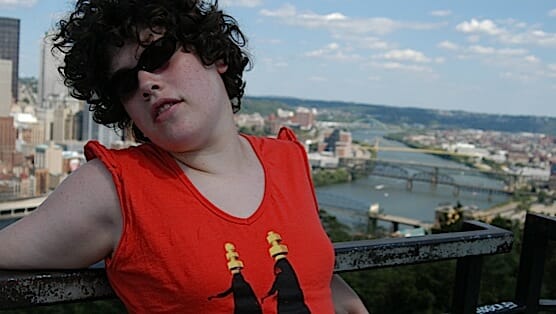Rachel Is

Documentaries are often extremely personal, passion projects for the directors behind them. Even when the film has a political or social bent, the filmmaker often gets so close to his or her subjects that a level of intimacy is palpable. This personal connection is all the more powerful for director Charlotte Glynn, who returns home to introduce the world to her sister with her documentary debut, Rachel Is. Meeting Rachel will be the first experience of its kind for many of us, as Glynn’s younger sister represents members of our society whom many of us have simply chosen to ignore. She’s bold, she’s headstrong, and as a person living with developmental disabilities, her road to adulthood is different from what audiences usually see on screen. With Rachel Is, Glynn challenges certain pre-conceived notions (including her own), and makes the truly personal, public. Although the film is a bit unpolished—playing more like a collection of home videos than a documentary at times—the footage used tells a whole story, and the work is compelling.
-

-

-

-

- Curated Home Page Articles By Test Admin October 21, 2025 | 3:10pm
-

- Curated Home Page Articles By Test Admin October 21, 2025 | 2:57pm
- Urls By Test Admin October 21, 2025 | 2:57pm
- Curated Home Page Articles By Test Admin October 21, 2025 | 2:55pm
-

-

-

-

-

-

-

-

-

-

-

-

-

-

-

-

-

-

-

-

-

-

-

-

-

-

-

-

-

-

-




































